Blue Planet: most shocking moments
Flagship BBC programme attracts criticism for sea turtle's death
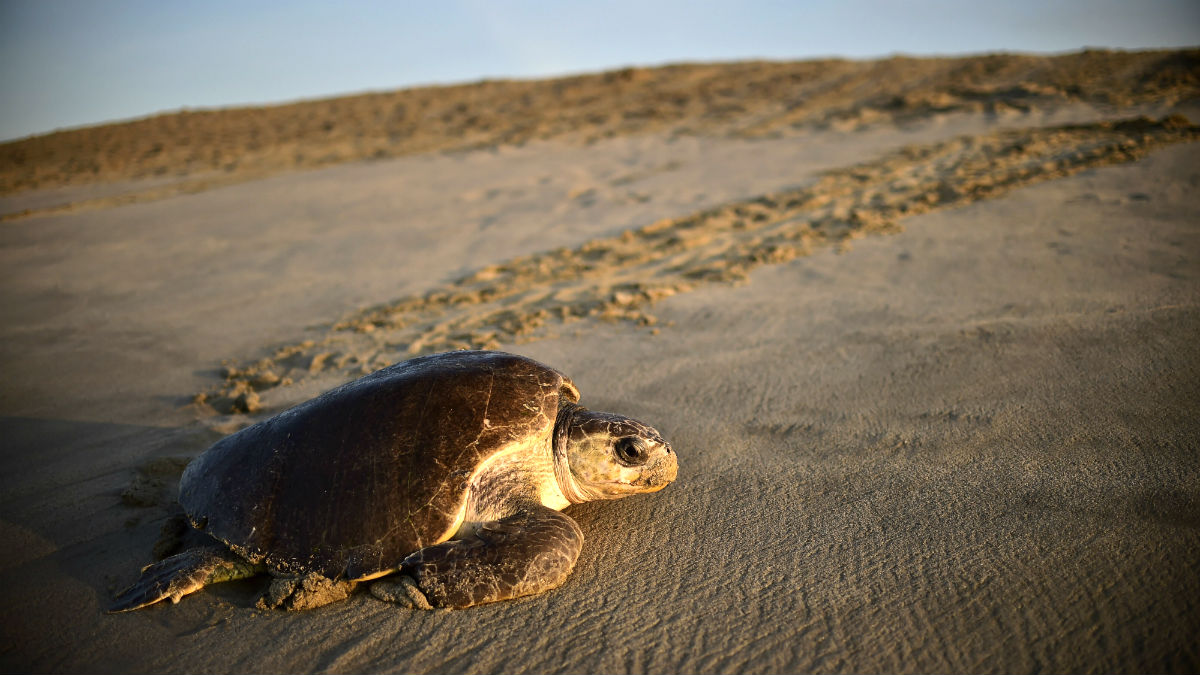
A free daily email with the biggest news stories of the day – and the best features from TheWeek.com
You are now subscribed
Your newsletter sign-up was successful
The BBC’s Blue Planet Live has faced criticism after a host was accused of not paying attention while releasing baby turtles and allowing one to be grabbed by a seagull.
As presenter Liz Bonnin told the camera how important it was to protect the “precious individuals” from predators, the bird swooped in behind her back and proved her point by snatching one them.
Viewers took to Twitter to complain, although BBC has refused to disclose how many official complaints the corporation received over the broadcast, according to The Daily Telegraph.
The Week
Escape your echo chamber. Get the facts behind the news, plus analysis from multiple perspectives.

Sign up for The Week's Free Newsletters
From our morning news briefing to a weekly Good News Newsletter, get the best of The Week delivered directly to your inbox.
From our morning news briefing to a weekly Good News Newsletter, get the best of The Week delivered directly to your inbox.
However, if Blue Planet has taught its audience anything, it is that ocean life is far from predictable and this incident is not the only alarming moment captured by BBC cameras.
Giant sharks attack film crew’s submarine
When the Blue Planet team went to investigate a whale carcass, they came across a group of sharks who had got there first. “The submarine is very strong, but they’re so big and strong. I’m a little bit afraid,” said one crew member. Thankfully, the sharks realised the sub wasn’t a competing predator and eventually lost interest.
Pelican crashes director’s tent
A free daily email with the biggest news stories of the day – and the best features from TheWeek.com

One Blue Planet director was woken by a surprise visitor one morning when a pelican attempted to enter her tent while filming on location in the Galapagos. The bird also brought with it a not-so-welcome housewarming gift, making quite the wake-up call.
Food chain reversal

We’re used to birds diving down to the water’s surface to pluck out a fish, but have you ever seen the opposite? In this shocking clip, a giant fish repeatedly leaps into the air and comes down with dinner.
Eel slithers away from toxic shock

This strange and unsettling video looks like an eel exorcism, but it’s actually just the consequence of one of the deep sea’s deadly features. Brine pools at the bottom of the ocean contain eight times the usually sea salinity levels. Eels are susceptible to toxic shock, making deep-sea brine lakes bad news for them. While this one had a really awful day, it was lucky to make it out alive.
Rubbish in ocean disrupting wildlife
Far from enjoyable to watch, but possibly the most shocking moments from Blue Planet are two examples of the huge amount of plastic in the ocean. One showed a small turtle caught in a plastic bag, while another saw a whale trying to eat a plastic bucket.
The worst worm you’ve ever seen

The metre-long Bobbit worm might be the most nightmare-inducing thing to be found in the seabed. It’s reminiscent of the Demogorgon from Stranger Things but was named after a US woman who severed her husband’s penis while he slept.
Impressive octopus camouflage suit

Not only is this an innovative use of suction cups, it also might be the most beautiful way a creature has escaped death on film. If more proof was needed that octopuses are the geniuses of the sea, it’s right here. The last-minute escape is truly something out of a spy movie.
-
 The Olympic timekeepers keeping the Games on track
The Olympic timekeepers keeping the Games on trackUnder the Radar Swiss watchmaking giant Omega has been at the finish line of every Olympic Games for nearly 100 years
-
 Will increasing tensions with Iran boil over into war?
Will increasing tensions with Iran boil over into war?Today’s Big Question President Donald Trump has recently been threatening the country
-
 Corruption: The spy sheikh and the president
Corruption: The spy sheikh and the presidentFeature Trump is at the center of another scandal
-
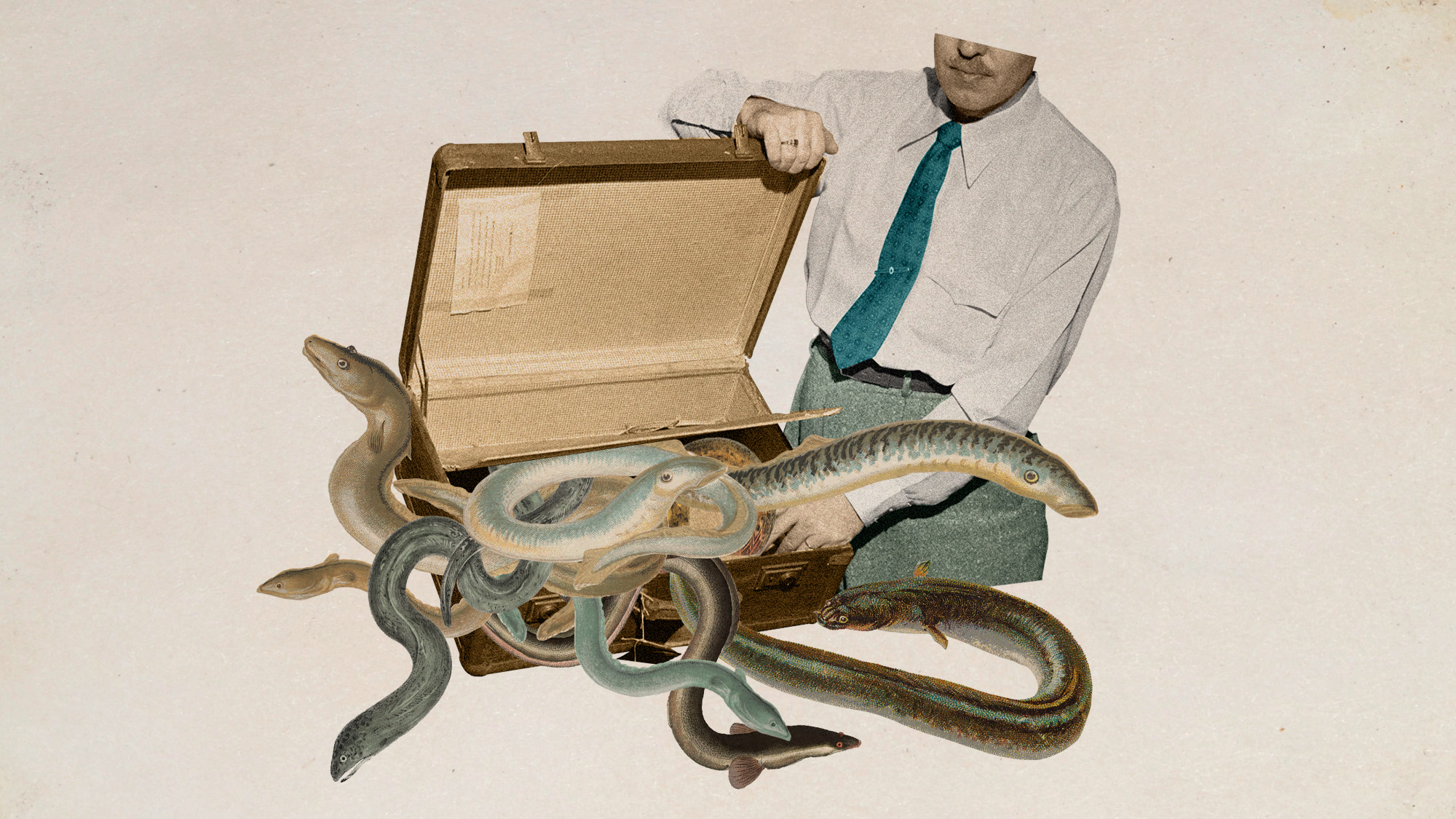 Eel-egal trade: the world’s most lucrative wildlife crime?
Eel-egal trade: the world’s most lucrative wildlife crime?Under the Radar Trafficking of juvenile ‘glass’ eels from Europe to Asia generates up to €3bn a year but the species is on the brink of extinction
-
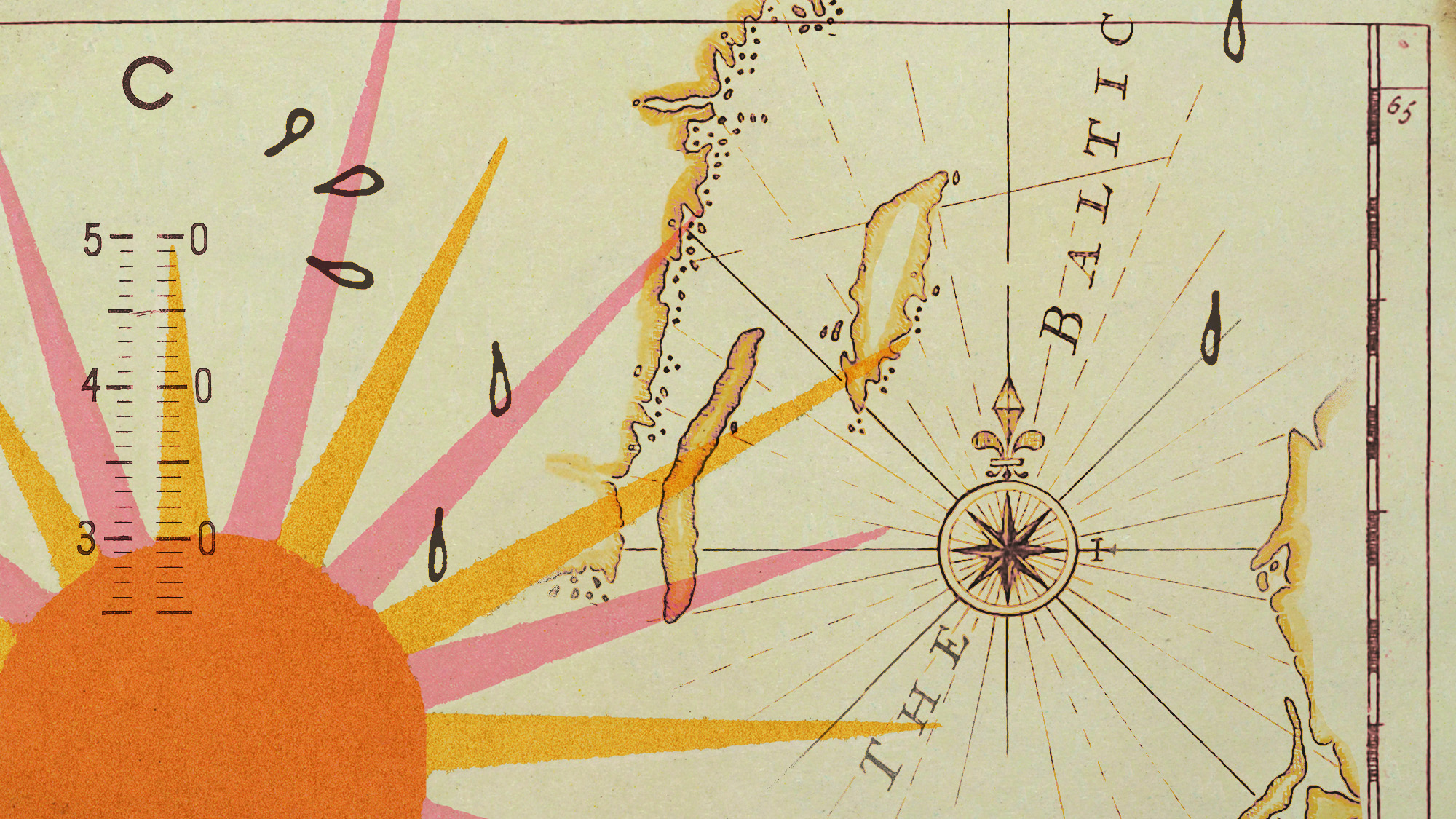 What do heatwaves mean for Scandinavia?
What do heatwaves mean for Scandinavia?Under the Radar A record-breaking run of sweltering days and tropical nights is changing the way people – and animals – live in typically cool Nordic countries
-
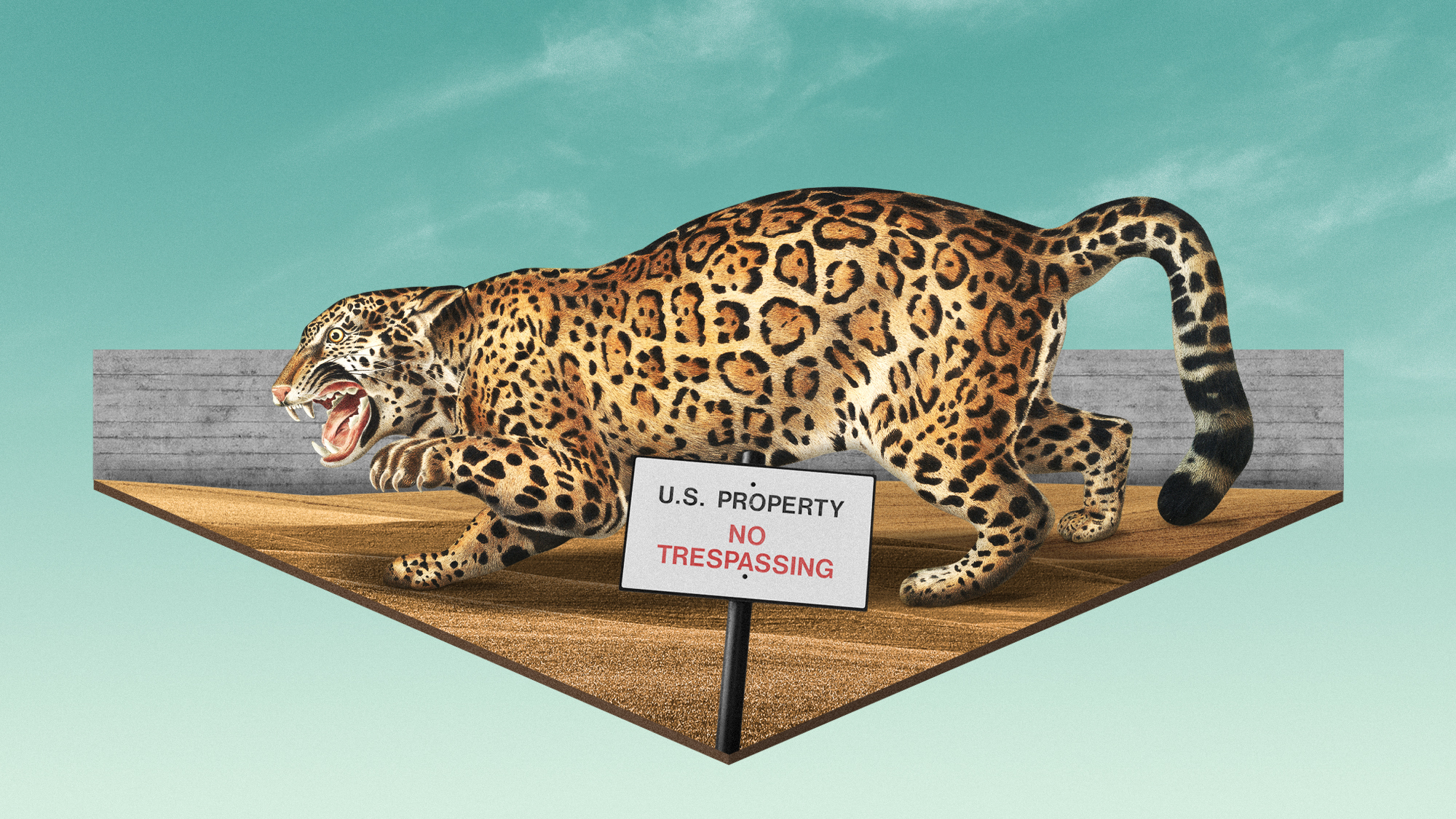 The revived plan for Trump's border wall could cause problems for wildlife
The revived plan for Trump's border wall could cause problems for wildlifeThe Explainer The proposed section of wall would be in a remote stretch of Arizona
-
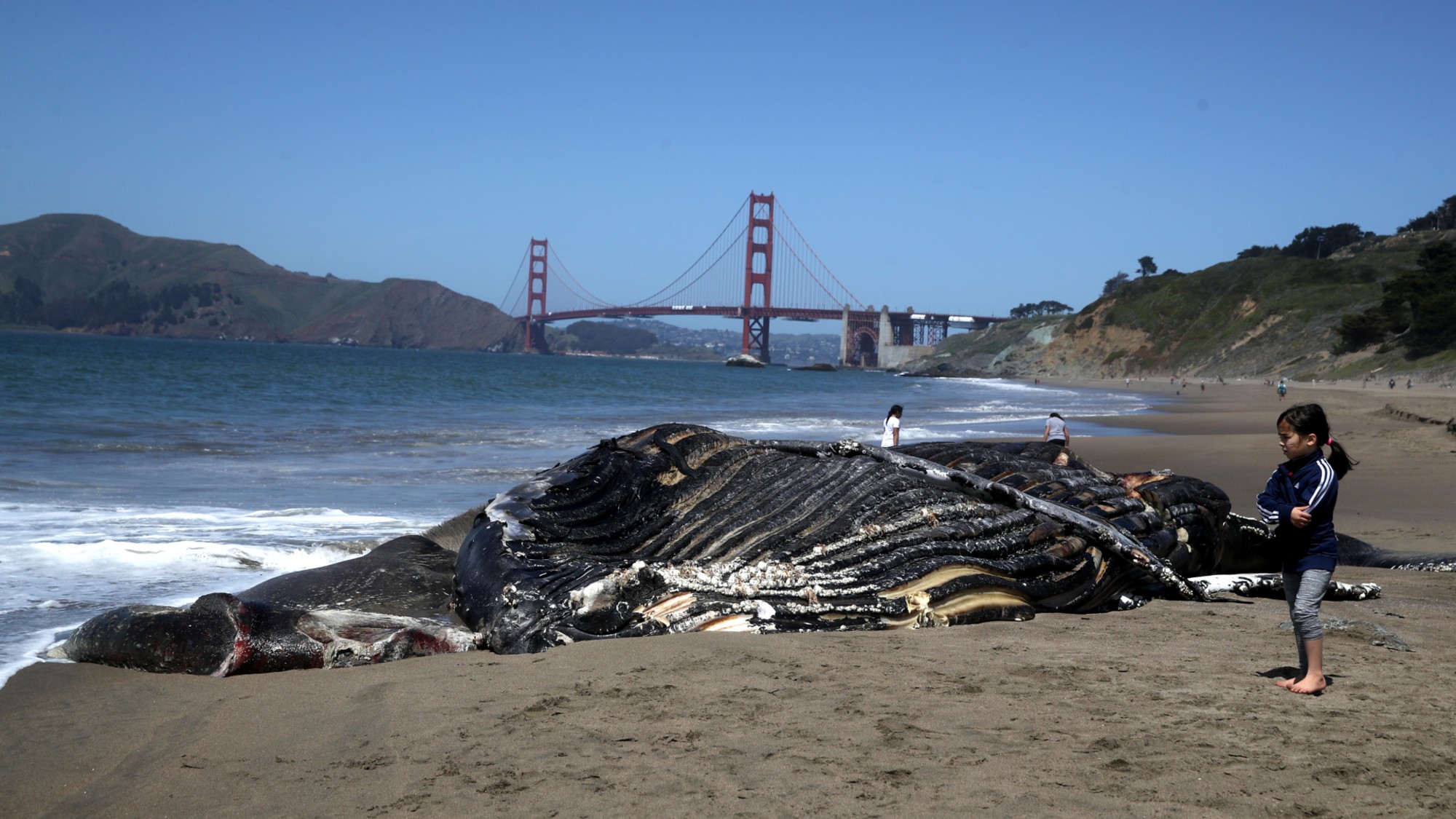 Spiking whale deaths in San Francisco have marine biologists worried
Spiking whale deaths in San Francisco have marine biologists worriedIn the Spotlight Whale deaths in the city's bay are at their highest levels in 25 years
-
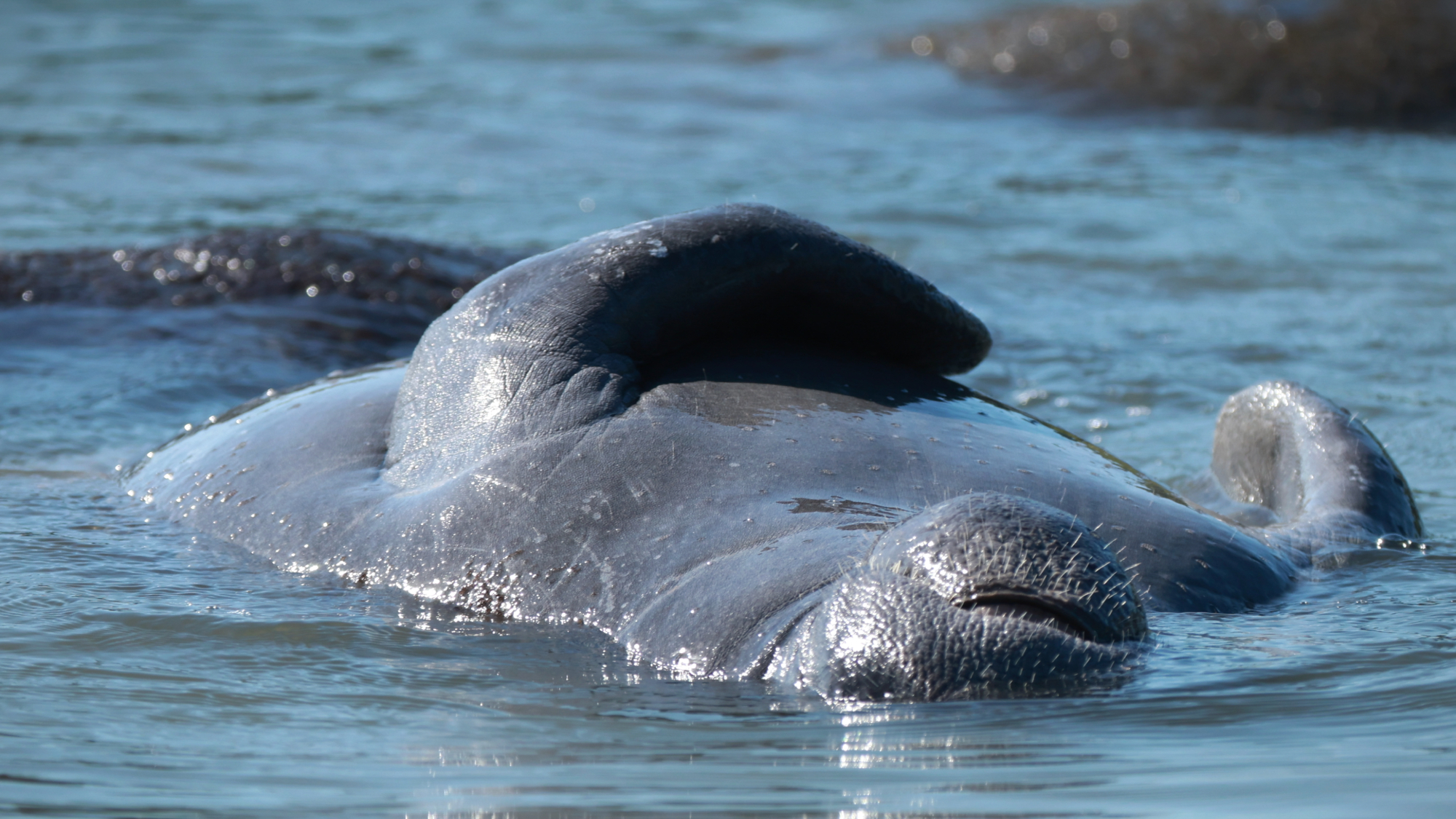 US proposes eroding species protections
US proposes eroding species protectionsSpeed Read The Trump administration wants to change the definition of 'harm' in the Environmental Protection Act to allow habitat damage
-
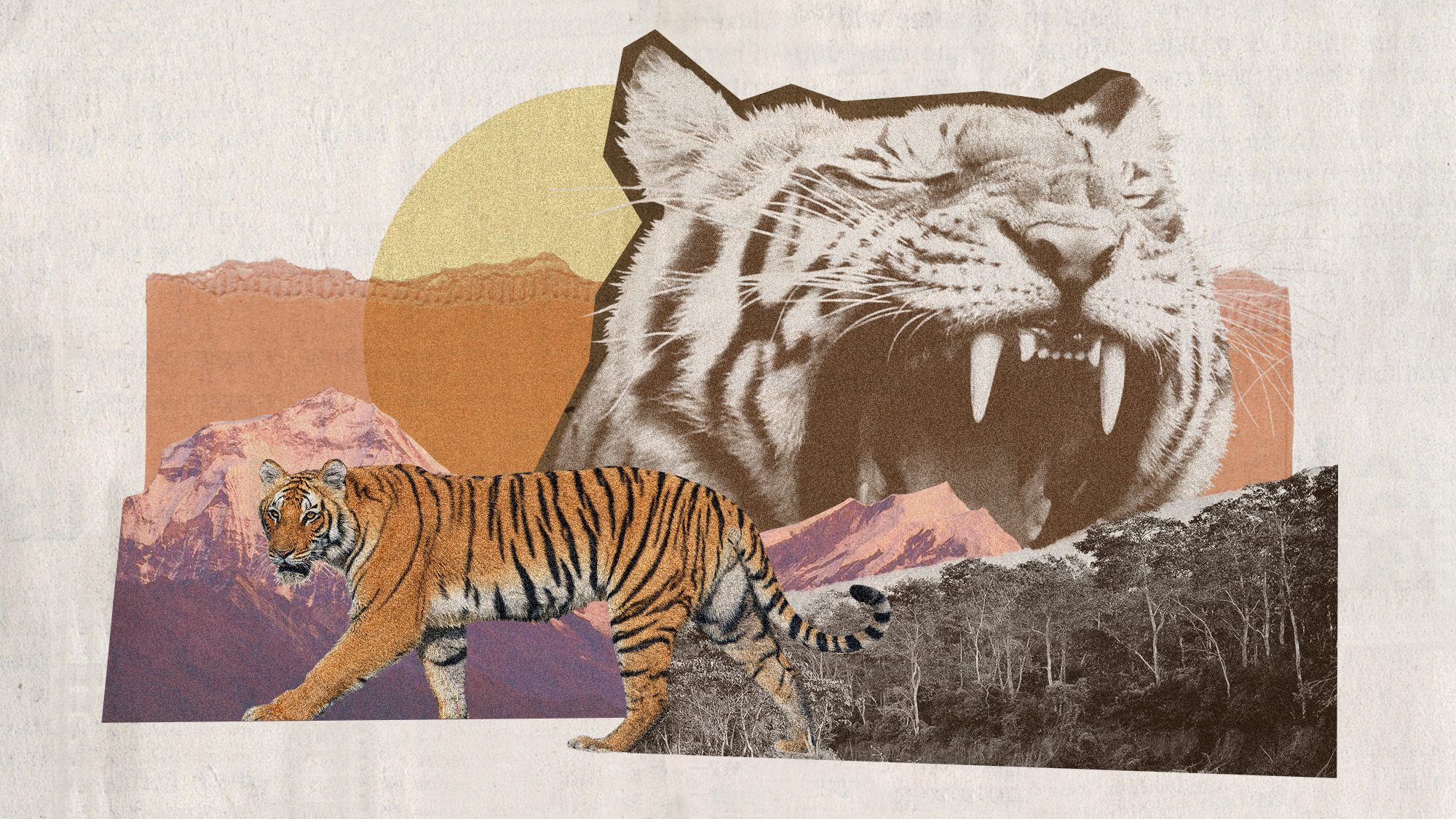 Does Nepal have too many tigers?
Does Nepal have too many tigers?Under the Radar Wild tiger numbers have tripled in a decade but conservation success comes with rise in human fatalities
-
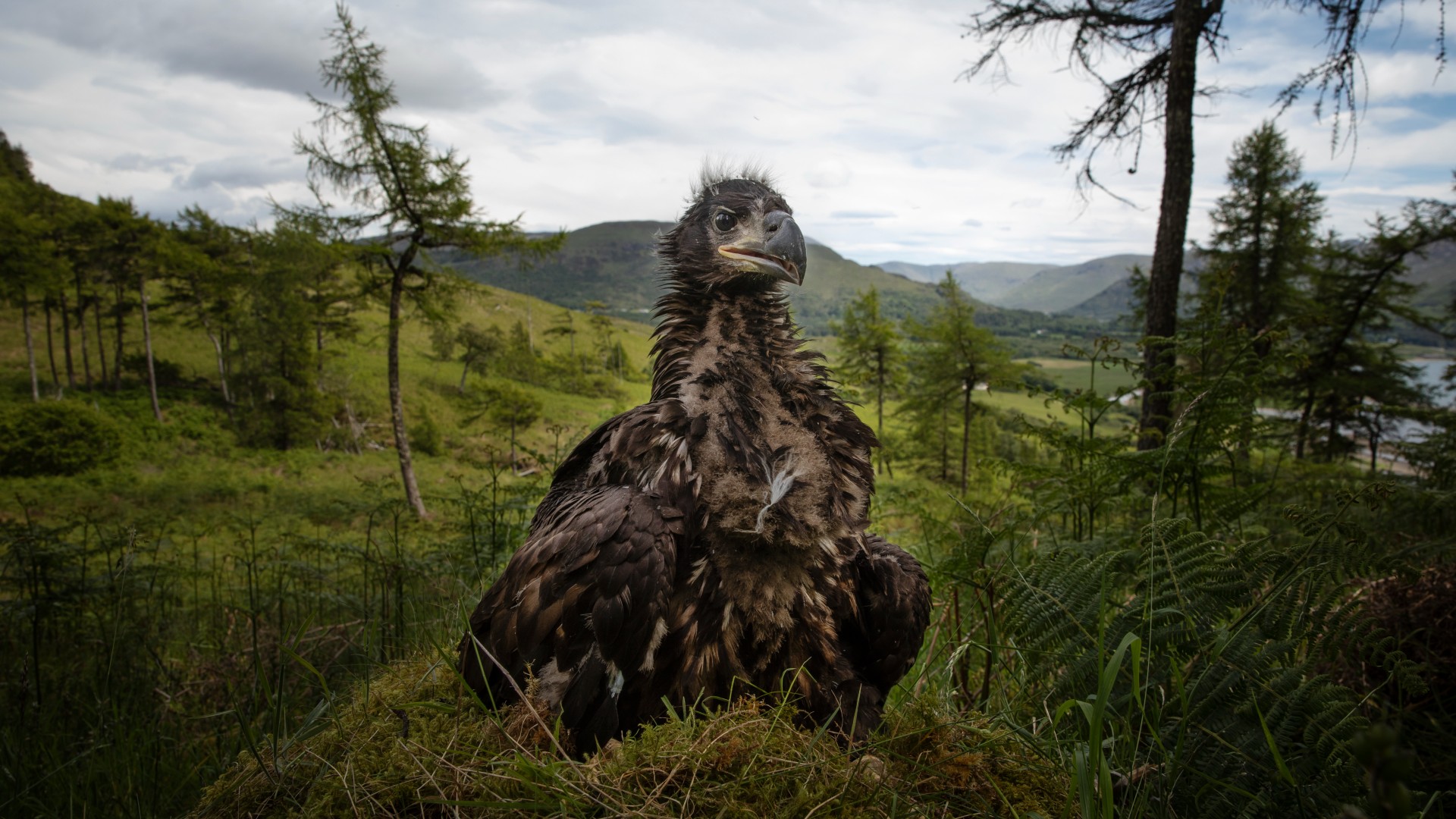 The controversy over rewilding in the UK
The controversy over rewilding in the UKThe Explainer 'Irresponsible and illegal' release of four lynxes into Scottish Highlands 'entirely counterproductive' say conservationists
-
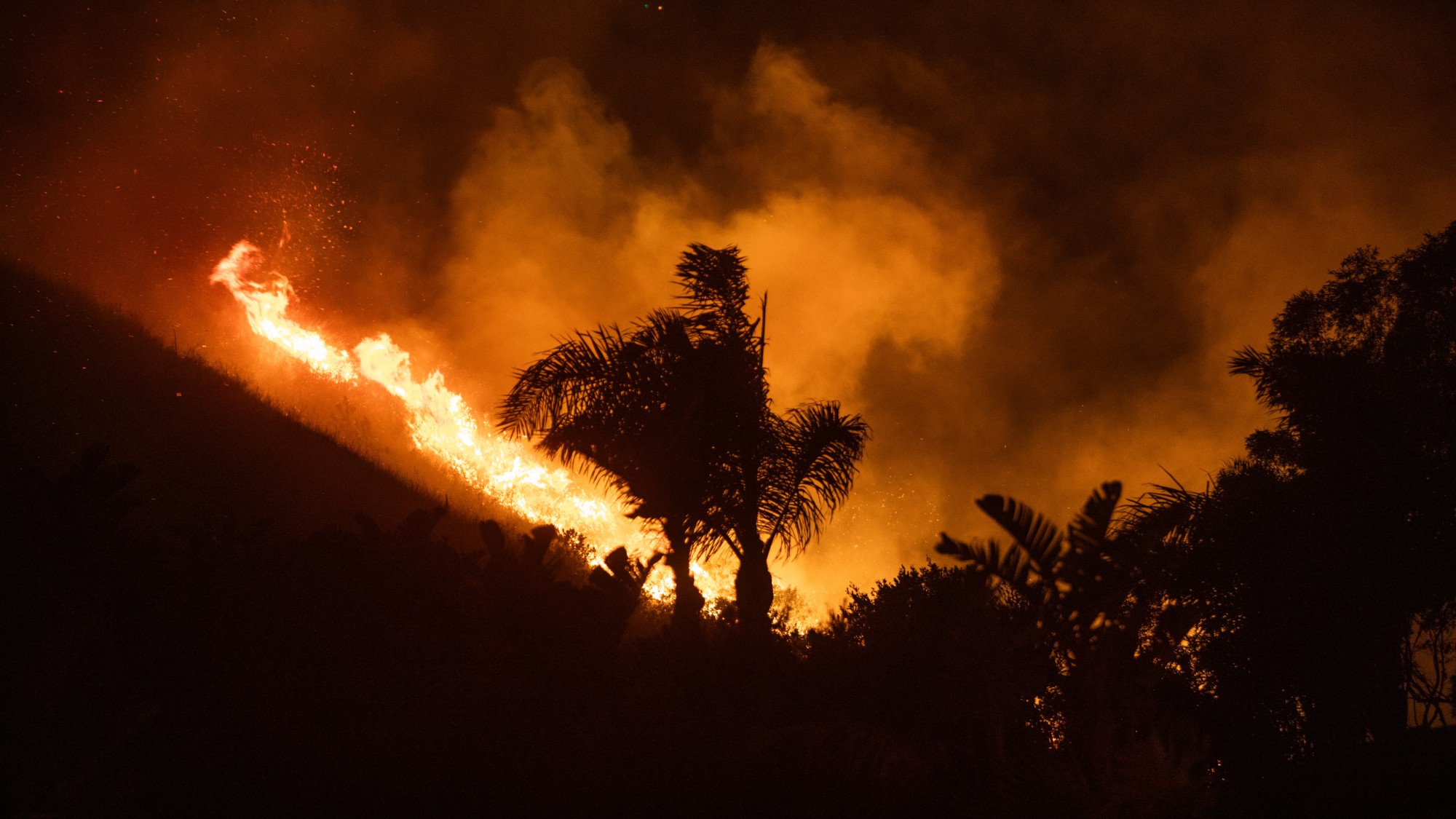 What happens to wildlife during a wildfire?
What happens to wildlife during a wildfire?The explainer Flames also affect the flora and fauna